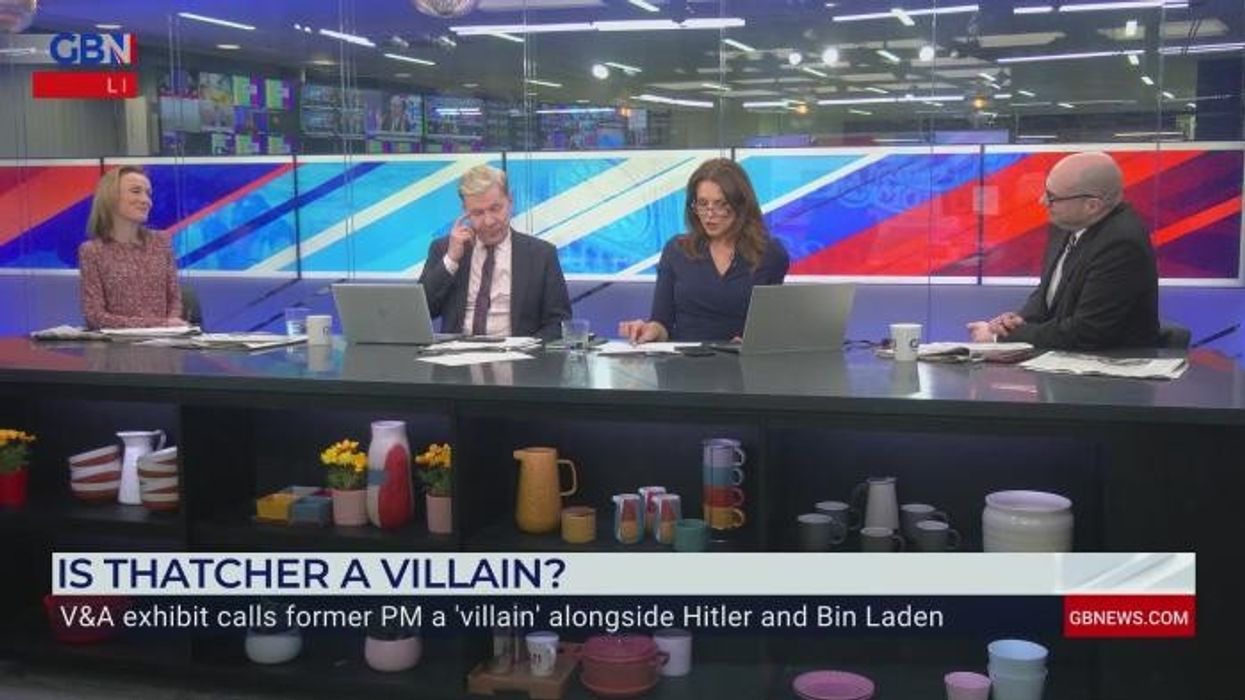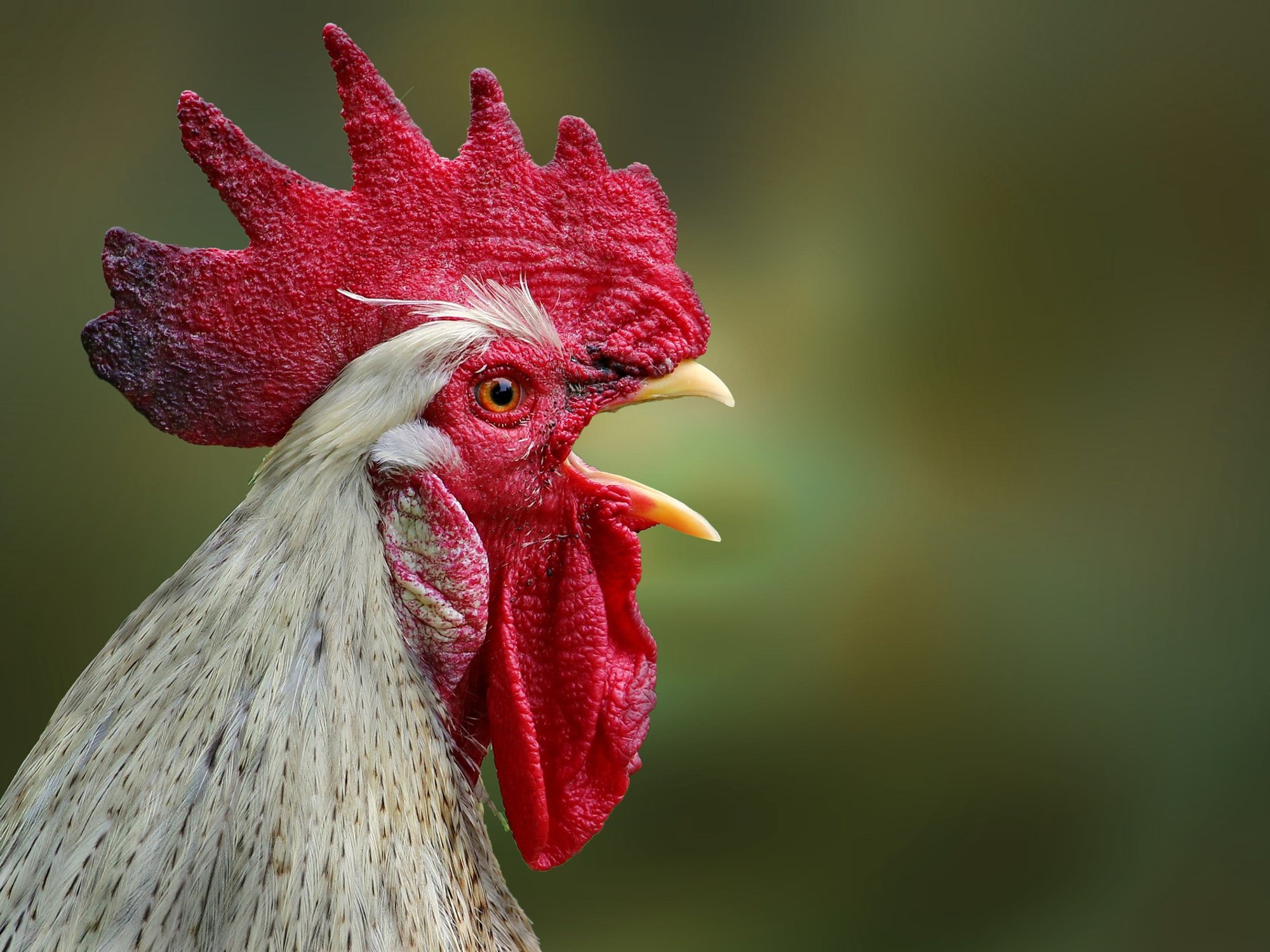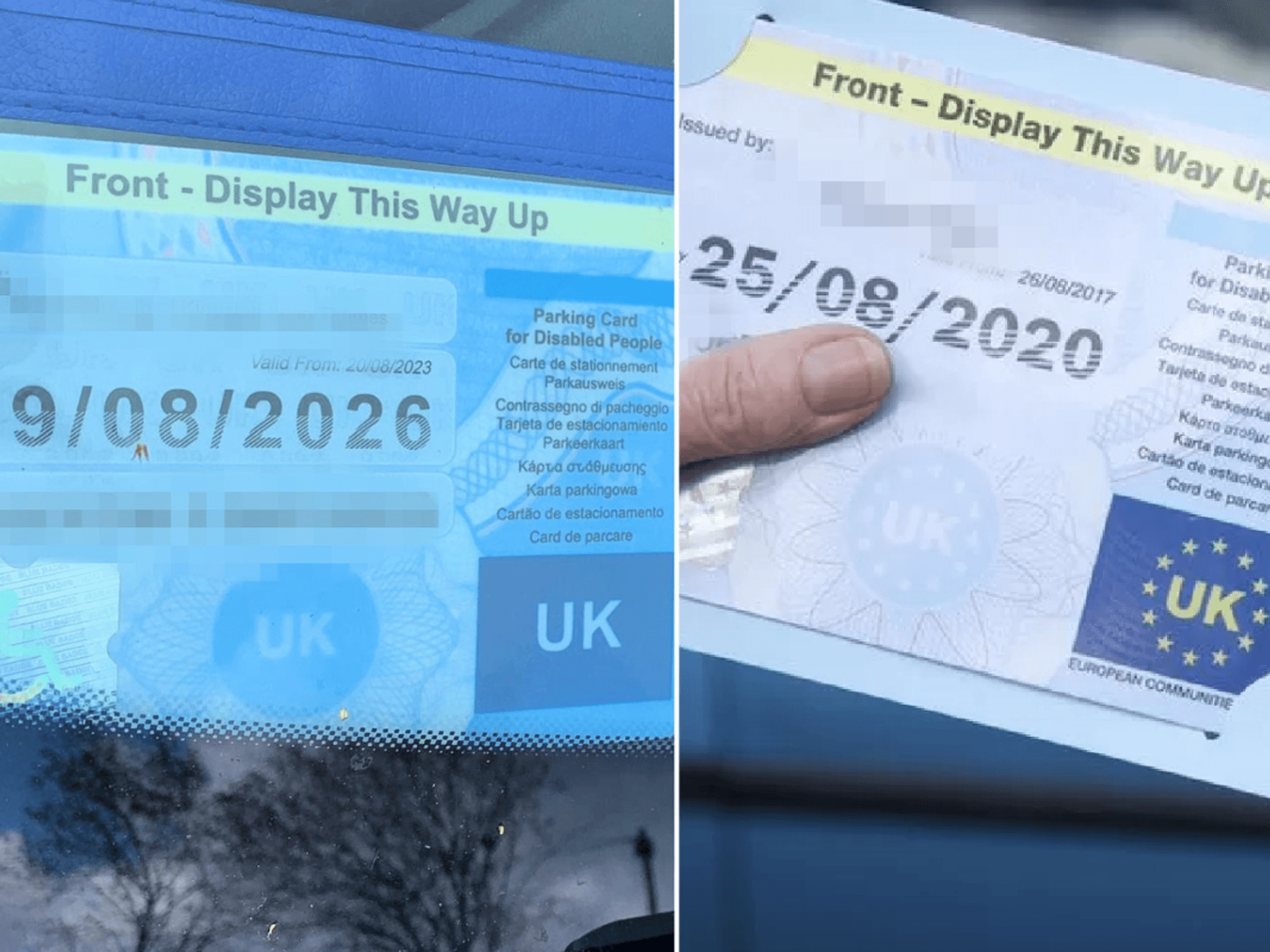'Inclusive language' guide urges authors to capitalise 'Black' but not 'white' because of 'political connotations'

'Woke' Lloyds chief 'bans' the word 'widows' in new 'inclusive language' guidance despite owning Scottish Widows.mp4 |
GB NEWS

The publisher asserts that the word merits capitalisation as it denotes a distinct cultural group
Don't Miss
Most Read
Trending on GB News
Edinburgh University Press has issued directives requiring writers to use capital letters for "Black" while keeping "white" in lowercase when discussing racial matters.
The academic publisher attributes this distinction to what it terms "political connotations".
The publishing house's new guidelines assert that "Black" merits capitalisation as it denotes "a distinct cultural group and a shared sense of identity and community".
**ARE YOU READING THIS ON OUR APP? DOWNLOAD NOW FOR THE BEST GB NEWS EXPERIENCE**
Conversely, the instructions explicitly state: "Please do not capitalise 'white' due to associated political connotations".
These requirements appear in the publisher's comprehensive guide on inclusive terminology, which itself carries advisories about "potentially triggering" content.
The publisher's language guidance extends beyond racial terminology to numerous other areas.
Writers must avoid describing migrants as "illegal" and should replace "homeless" with "unhoused" according to the new rules.
Economic terminology faces similar restrictions.

Edinburgh University
| GETTYThe guide instructs authors to eschew the word "poor" in favour of phrases such as "under-represented", "currently dealing with food insecurity" or "economically exploited".
These stipulations form part of Edinburgh University Press's broader inclusive language framework, which the institution has developed for its annual output of approximately 300 publications.
The guidelines represent a significant shift in editorial standards at the Scottish university's publishing arm.
The guidelines impose restrictions on geographical terminology, forbidding authors from employing broad classifications such as "Eastern" and "Western". Gender-related language faces extensive revision under the new framework.
Writers must eschew terms suggesting binary gender distinctions, including "opposite sex".
The publisher mandates using individuals' chosen pronouns or defaulting to "they" when uncertain. Traditional gendered nouns like "postman" and "chairman" are prohibited.
The guidance concludes with requirements for content warnings addressing numerous subjects.
These mandatory alerts must cover violence, animal cruelty, substance use, transphobia and classism amongst other topics deemed potentially distressing to readers.

The publisher claims the word should be capitalised as it denotes a distinct cultural group
| WIKIMEDIA COMMONSThese linguistic modifications reflect broader institutional transformations that gained momentum following the 2020 Black Lives Matter demonstrations. Educational establishments have embraced initiatives to confront what they term "embedded whiteness" in professional environments.
The Telegraph disclosed that London Museum personnel received guidance on challenging "whiteness" in their workplace. Teacher training programmes have incorporated modules on disrupting "the centrality of whiteness" within educational settings.
Healthcare institutions have similarly revised their terminology. Various NHS trusts substituted "mother" with expressions like "birthing person" and "people who have ovaries".
Certain services proposed that "chestfeeding" by transgender individuals equates to maternal breastfeeding.
GB News has contacted Edinburgh University Press for comment.
More From GB News










